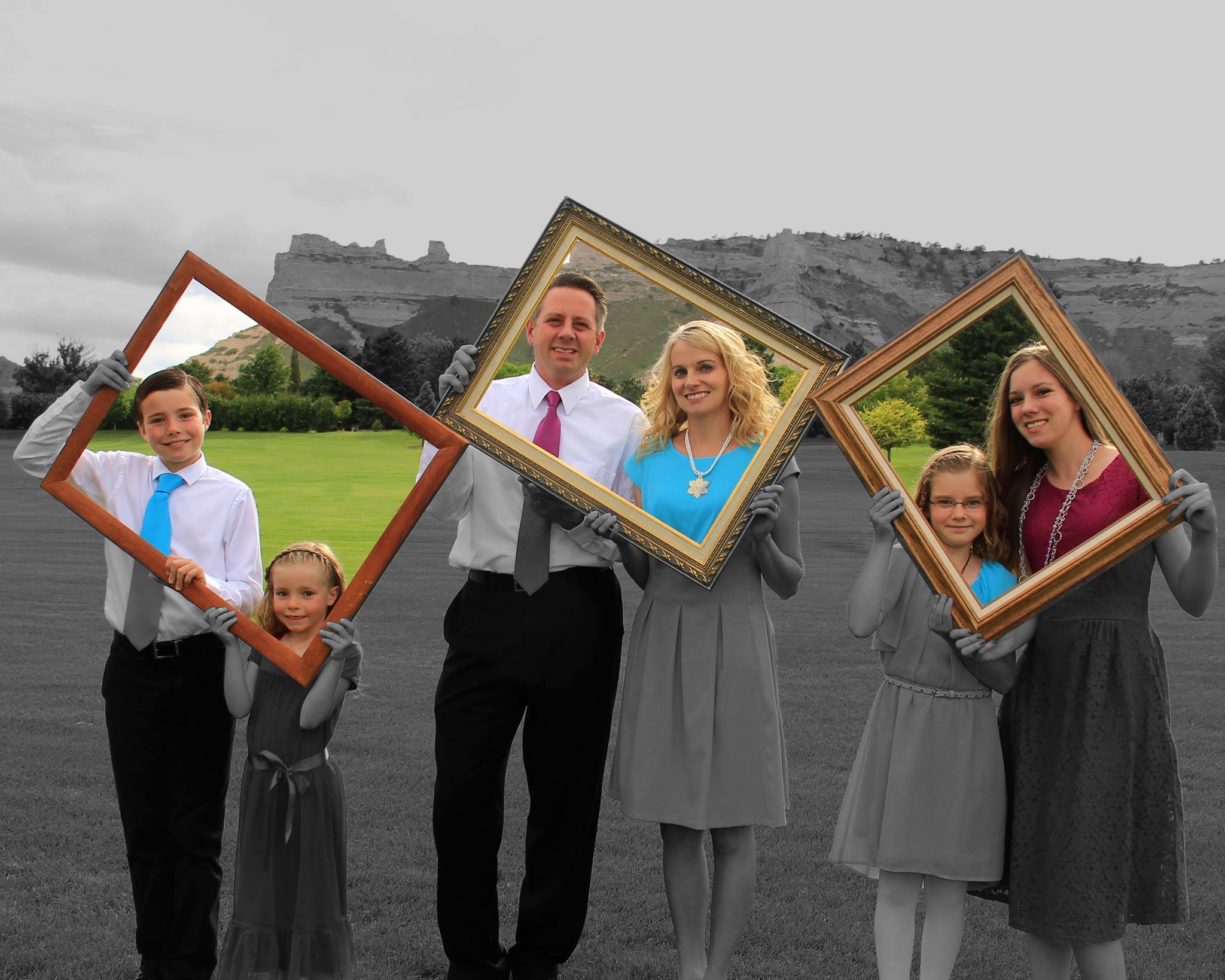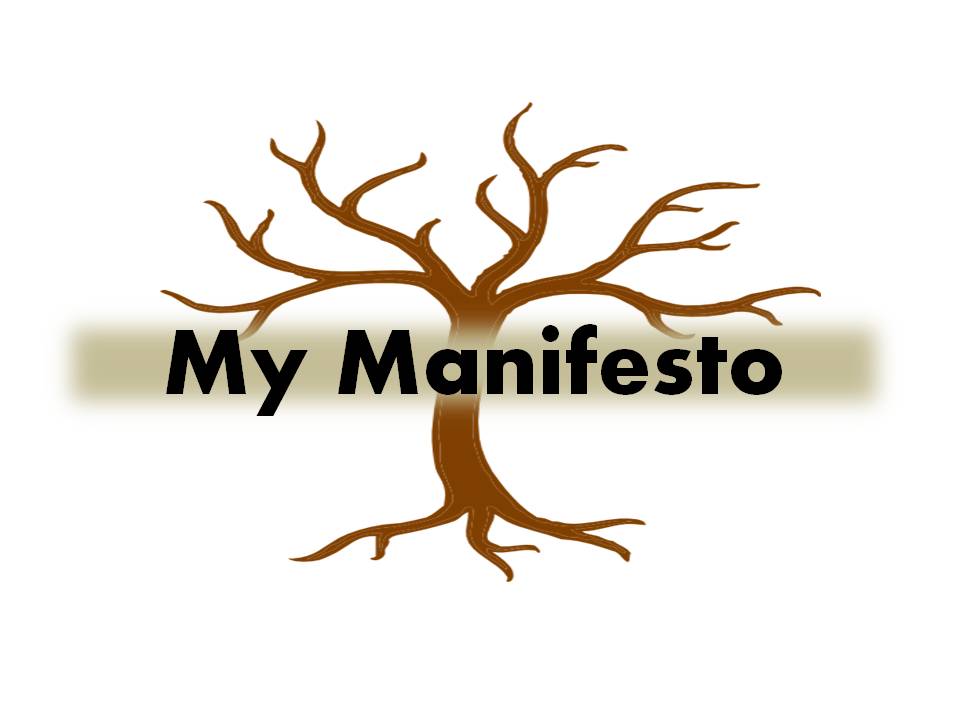
Growing Up Is Hard Work
Let us not deny it: Growing up is hard work. I’m learning that. For years I thought growing up just came with age but I’m learning that it’s something I get to choose to do—or not do. And today was a test in growth.
It hit rather subtly. I thought I was doing so well and I have been. I have been really paying attention to my self-talk and not being reactive but today I felt I lost all grounding. For a moment, the stresses seemed to be too much. I “broke,” something I haven’t done for some time. (A tendency I have is to feel everyone else is allowed to break but I’m not—the boss has to hold down the fort.) But I couldn’t maintain that role today and I behaved badly, was consequently self-condemning and reactive, missed most of my son’s game because I was so unsettled within, and felt all was lost due to my poor emotional state.
I crawled in bed to escape, and slowly, I allowed my mind to open to truths I know but so often forget. It started to distill on me that it’s never too late to change, even after terrible mistakes are made and we have behaved badly. We still can adult at any given moment—even if we have been playing child seconds before. We do not have to continue to play victim. We can change the name of the game. We can unashamedly take personal control, and by so doing, realize that we do not control what happens outside of us. But we can control how we respond to it.
The truth of the matter is circumstances, which are completely out of our control, are not the cause of any of our pain. Sometimes we like to think circumstances are what cause us pain but what causes pain is our negative thoughts about circumstances. In other words, we don’t feel pain until we think something about a circumstance. It’s how we interpret an event that causes us pain. We aren’t robots—we need to understand that. We will think; we will feel—we are affected by others and their choices but it is always our choice of how we respond. And how we respond is determined by our thoughts and feelings about the events.
When we think circumstances must change in order for us to happy or peaceful, we are forfeiting our emotional power to things outside our control. We are surrendering our power. We tell ourselves, “I’ll be happy when _______________” [fill in the blank].
But when never comes or it doesn’t come how we think it should come or how we desired it to come. So we feel bad. Or maybe it does come but it doesn’t keep us content so we rollercoaster according to the circumstances around us. We become puppets to outside events, which is not adult behavior. So indeed we see that growing up is a choice.
When we are determined to live and not merely be puppets to events, we see that our lives don’t have to be reactive. We don’t have to keep giving our emotional power away. We can learn to take responsibility for our emotions. We can learn to feel our emotions rather than resist them—this is the hard part. We don’t shove those emotions and thoughts of “this is too much” or “I am angry” off—we acknowledge and feel them—but what we do with those emotions and thoughts is what matters. We can learn how to manage our thoughts.
I’m learning that this process definitely takes time. I was reminded of that today. I did not manage my thoughts and emotions—they managed me. But the good part is, I saw it—maybe later than I would have liked but that’s where important tools in our bucket come in. Those tools include awareness, curiosity, and self-compassion. And they are vital during “falling short” moments.
Tonight, as I shifted my thoughts, I had to fight off the winning temptation to tell myself that I “should” be able to adult effortlessly and all the time. After all, I had been doing so well! I thought I had this mastered only to plummet unexpectedly. Thus, in my struggle, I had to additionally notice how I was “shoulding” myself! And then when I noticed that I was “shoulding” myself, I had to be careful to not “should myself” for “shoulding myself.”
During these moments of breakdown, my brain—and your brain—think negative self-talk is helpful. My brain thinks that if it criticizes my screw-ups, it will motivate me not to repeat the same bad behavior! But the truth is, the adult me knows—from being a child for so many years—that self-criticism doesn’t motivate me or you or anyone to evolve. Only safety and self-compassion have the power to do that.
So where do we start (or get back on track with) this adult-ing process?
- We begin by noticing our thoughts. When I am adult-ing, I sometimes write some of my thoughts down. I look at what I wrote. I ask myself, “Are these circumstances or thoughts?” “Am I merely interpreting these events or are these the actual facts?”
- Then we notice how we feel when we think these thoughts. “How am I feeling about the circumstances?” Maybe you do not fully believe it yet, but the flavor of thoughts we choose is optional. There is always more than one way to interpret and feel about our circumstances.
Here’s a Chinese (Taoist) story to help illustrate this principle:
When an old farmer’s best stallion runs away, the farmer’s neighbor comes to commiserate with him as this was such bad luck. But the farmer merely replies, “Who knows what is good and what is bad?” A few days later the horse returns with three wild mares. The farmer’s neighbor comes to rejoice with the farmer’s good fortune. But the farmer merely replies,… “Who knows what is good and what is bad?” The next day, while the farmer’s son is trying to break in one of the mares, the horse throws him off. The boy breaks his leg and will no longer be able to work on the farm. The neighbor comes to express sorrow for this misfortune. But the farmer merely replies, “Who knows what is good and what is bad?” The next week the army passes through town, drafting able-bodied young men to war. Since the farmer’s son can’t walk, the army doesn’t take him. At this point, the neighbor begins to understand and thinks, “Who knows what is good and what is bad?”
So we see that while it’s human nature to see events as either good or bad, this doesn’t always serve us well. Good things can emerge from what we once considered bad and vice-versa. Life is continually unfolding. It’s always our interpretation of a circumstance that creates our experience of it being “good” or “bad.” As we approach life’s changes, we have the option to not label any of it. Rather than seeing experiences as good or bad, it may be more useful simply to see our experiences as full of life.
Curiously but not surprisingly, as I reviewed these ideas and truths in my head tonight, I began to feel liberated. I realized it didn’t matter what happened outside of me. What matters is how I respond. I get to determine my response for myself. I get to choose self-compassion despite anyone else’s returning acceptance or compassion. In saying this, I am not suggesting people’s support and feelings do not matter—no man is an island and we all have influence—but it is to say that we do not have to be a victim to circumstances. We can mess up and the next moment decide how we are going to show up from that point on. We are not determined. We get to determine what we are going to do next. We can choose to love ourselves–and others–even when our day isn’t perfect. Tomorrow is always smiling, eager to receive and accept the challenge to adult—it’s never too late!
 **Danna is the creator of The Mormon Trauma Mama. She is actively involved in advocating for those suffering from church trauma and is currently getting her Master’s degree in Pastoral Counseling from California Southern University. She and her husband have four delightful children. For more information on church trauma, watch this presentation Danna did at the Joseph Smith Memorial Building.
**Danna is the creator of The Mormon Trauma Mama. She is actively involved in advocating for those suffering from church trauma and is currently getting her Master’s degree in Pastoral Counseling from California Southern University. She and her husband have four delightful children. For more information on church trauma, watch this presentation Danna did at the Joseph Smith Memorial Building.




One Comment
Cathleen
Ms. Danna, you are brilliant! Such a good writer, first of all . . . summarized at the conclusion. Referring to growing up as “adulting”, “to adult” is brilliant, useful. Perhaps a book regarding “adulting”. We hope to behave as adults but often lead from our child self when tackling emotions. Your writing is so positive! Uplifting! Understanding! Accepting! Loving! And honest! You don’t pretend to be perfect, a defense mechanism many of us use to not take responsibility for their behaviour (falling backwards into narcissism). We can’t improve or be authentic if we’re not honest with ourself. Let’s face it, as you highlight here, we all have moments where we behave unacceptably, because we’re human. What matters is how we manage afterwards. Thank you for such a well written and essential piece. I have saved it and will read it over and over. I also shared it with a friend. The world is a better place because of people like you. Thank you for your work!